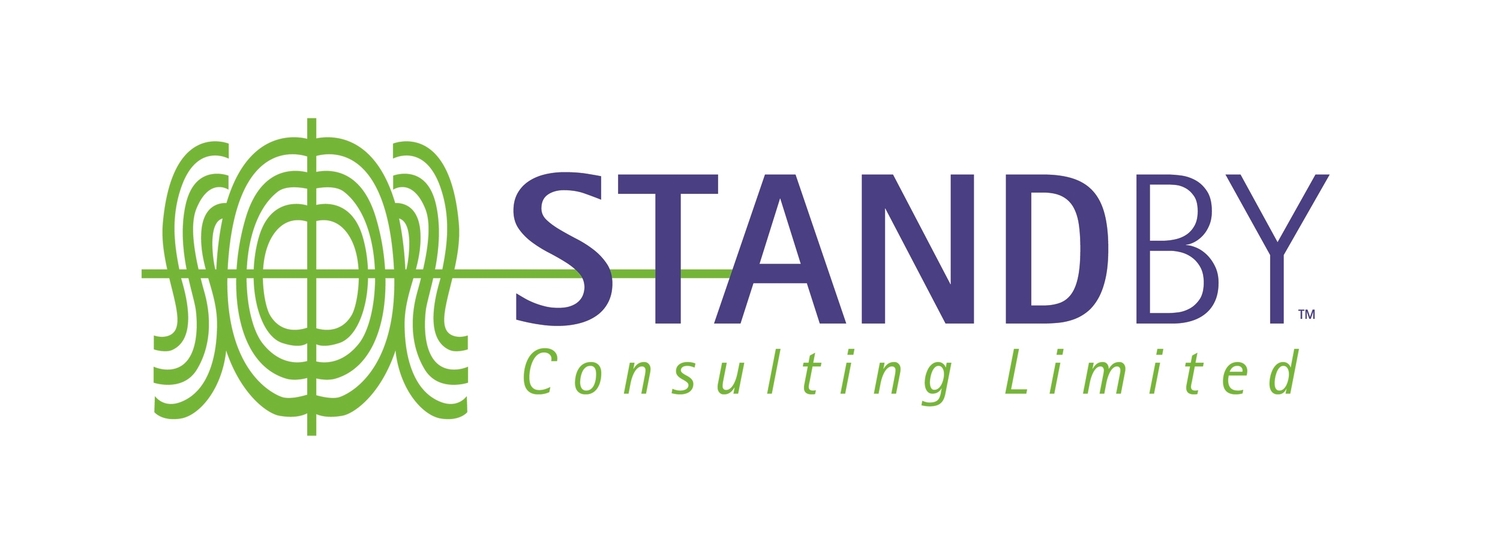Lockdown – managing your cashflow
/This is the first of a series of guidelines that I and my company Standby Consulting have learned in the years we have been involved with Business Continuity Planning. As an owner of the company for over twenty years, we are well aware of the issues that organisations are going through right now, such as cashflow.
Reducing the Financial Worries
Currently the governments in the countries Standby works in are putting in major financial assistance programmes. Great. The ones in New Zealand seem to be very well focused and positioned.
For the businesses, the major financial overheads are salaries, rent, rates and then energy payments. The NZ Government has addressed the salaries issues where they can.
Now it is time for the landlords to think about a rent holiday for their business tenants. Rent holidays are not unusual things in businesses leases. For the landlords, the loss of 1-2 months’ rent is going to be far cheaper than obtaining a new tenant and fitouts etc. should your existing tenants be forced to close. Supporting your tenants during this difficult period will earn you gratitude and respect for stepping up when businesses are most vulnerable. When we all come out the other side of this intact, you will have a very loyal tenant in the future. Ok, you may have your own financial payments to make, but have a talk to your bank about these. They may be willing to help; if the landlord still has the building leased with a loyal client then that is a far better risk to the bank than an empty space and you as a landlord trying to fill it.
Then, there are local taxes such as rates; maybe it is time for the local councils to give a month or two months’ rates relief to those businesses who have been seriously impacted.
Energy bills should, in theory, be reduced so not such a big worry for organisations.
There are additional techniques as well, such as asking or deferment of payment of bills with your suppliers and talking to your customers, who may be very sympathetic and pay their own bills earlier to assist. When you manage to get back into business again you can also offer discounts to clients who pay their invoices earlier – that discount will be cheaper than a bank overdraft.
Just remember, and I am sure I do not need to remind businesses of this, that a loan will increase the liabilities on your bottom line, and it has to be paid back eventually. Innovative ways of managing your cashflow by talking to your clients and suppliers can often give you the breathing space you require.
Looking at the wider picture, if we can collectively take a 1-2 month drop in revenue and those of us who can pay our bills pay them quickly, it will help everyone. You will make it up again when business picks up and we are all much wiser. If everyone along the chain does their part, we can avoid a greater long-term impact on the economy and to each other. We are all in the same waka and we all need to row in the same direction. (for our overseas clients, a waka is a Maori canoe).
Sam Mulholland is a Certified Business Continuity Planner (CBCP) t and disaster recovery planning specialist with over 25 years’ experience in this field. Sam and his team can be contacted through the Standby Consulting New Zealand and Middle East offices.




